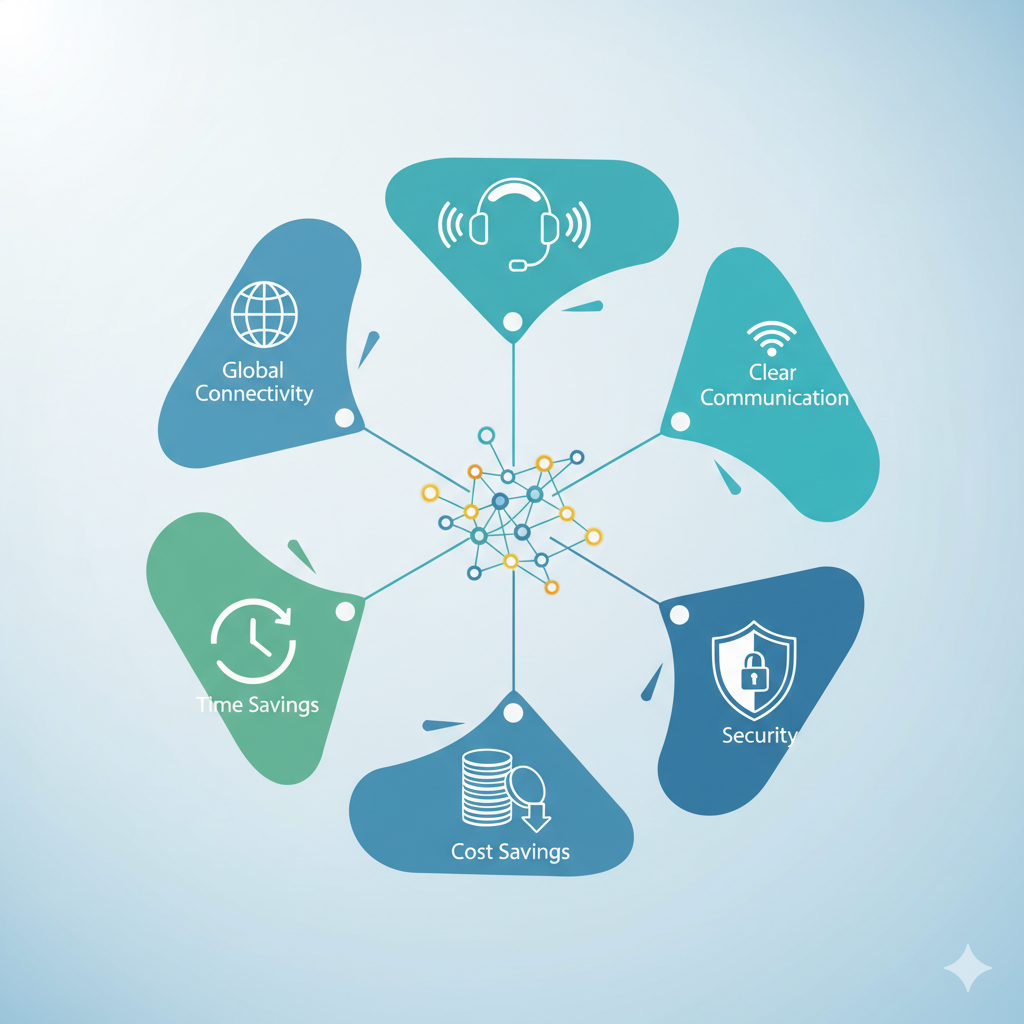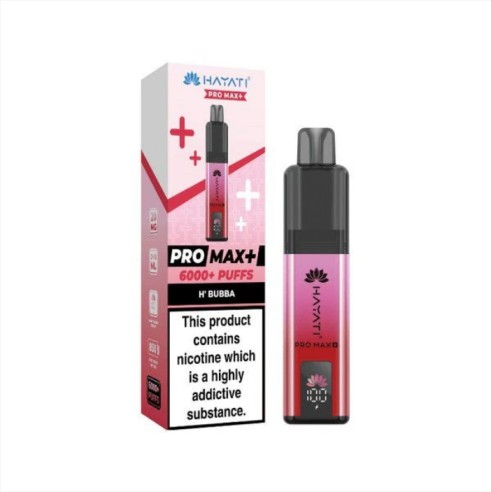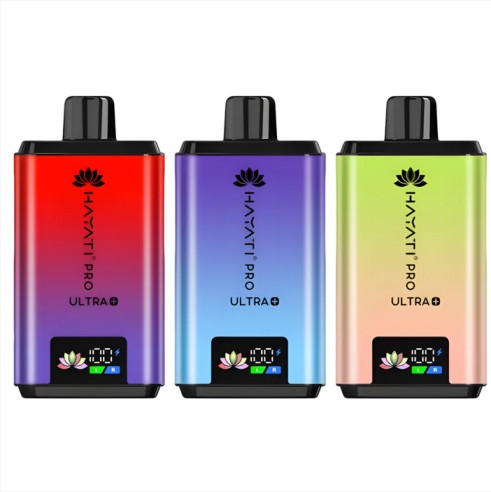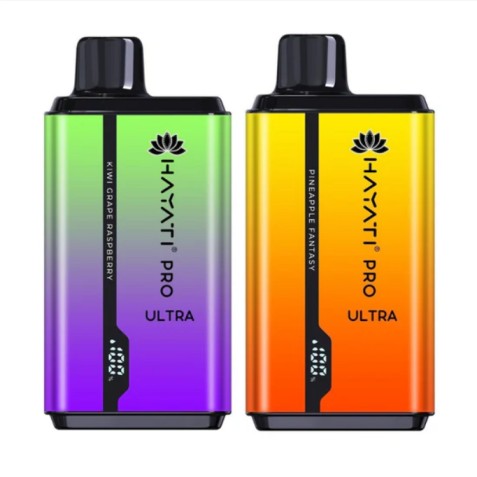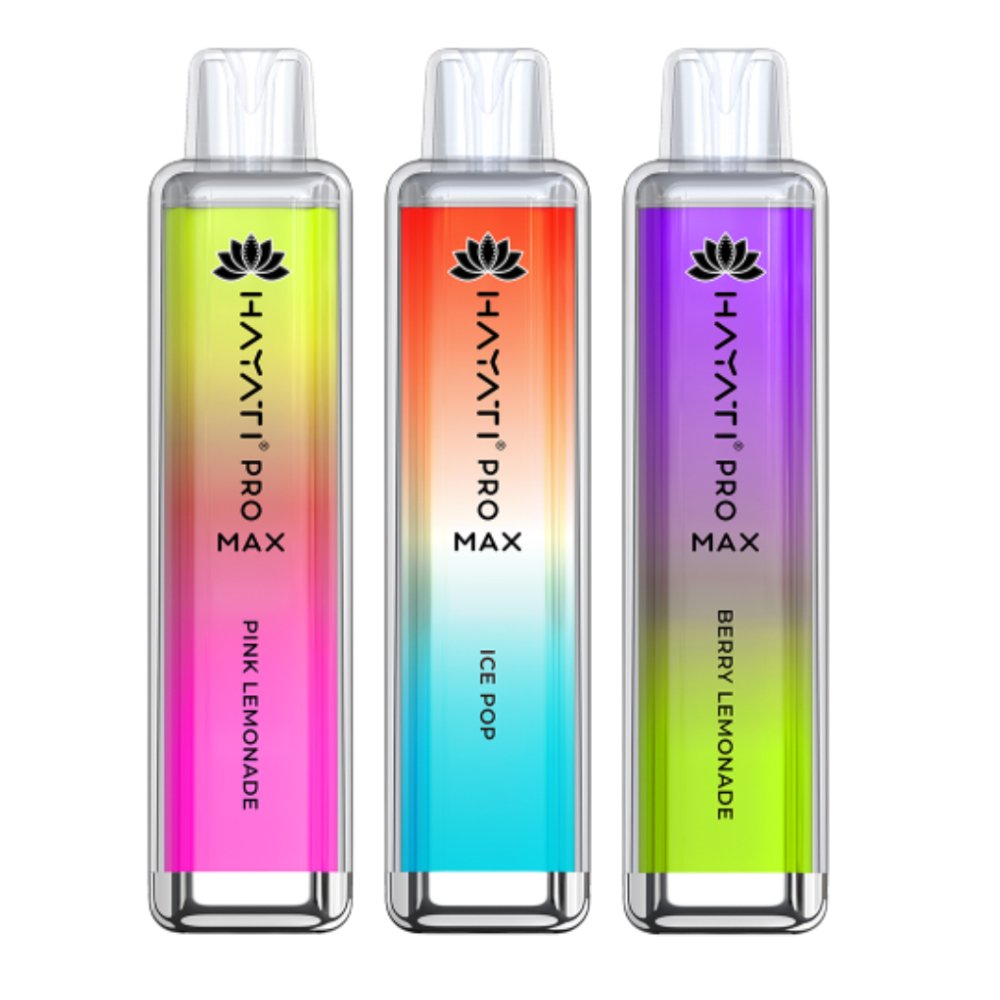Why ISO 14001 Lead Auditor Training Could Be Your Next Smart

As a Quality Manager, you’re no stranger to the importance of standards, compliance, and continuous improvement. But when it comes to environmental management, have you ever considered how ISO 14001 can elevate your company’s approach to sustainability? What if you could combine your existing expertise with a powerful new skill set—one that not only makes you indispensable but also improves your organization’s bottom line?
The ISO 14001 Lead Auditor course could be just what you need to step up your career game. You know the drill: quality management isn’t just about maintaining standards; it’s about going beyond expectations. Let me explain why this course might just be your ticket to the next level in both your professional development and your company’s success.
The Rising Importance of Environmental Management
We’re all aware that environmental regulations are becoming stricter by the day. Organizations everywhere are feeling the pressure to meet environmental standards and demonstrate their commitment to sustainability. So, what’s the real challenge for you as a Quality Manager? It’s about integrating environmental management with quality control seamlessly.
If you’ve ever worked with environmental compliance teams, you know how intricate it can get. The good news? iso 14001 lead auditor course is there to guide organizations through these complexities. This standard focuses on creating an effective Environmental Management System (EMS) that can help reduce your company’s environmental footprint, minimize waste, and, ultimately, make your operations more efficient.
And here’s the kicker: If you’re already managing a quality system, stepping into the environmental arena isn’t that far of a leap. In fact, ISO 14001 and ISO 9001 (the quality management standard) are built on similar principles—continuous improvement, risk management, and systematic auditing.
Why Should You Take the Lead Auditor Course?
Alright, so you’re probably wondering: “Why should I take an ISO 14001 Lead Auditor course if I’m already managing quality standards?” Great question. Let’s break it down.
1. Master the Art of Auditing and Compliance
The primary role of a Lead Auditor is to assess an organization’s adherence to ISO standards. While you might already be familiar with internal audits in quality management, environmental audits under ISO 14001 can be a whole different ball game. The training will teach you how to evaluate not just the technical side of things (e.g., compliance with environmental laws) but also the broader environmental impact of your processes.
Having a solid understanding of how to conduct thorough and efficient audits will ensure your company stays on track with its sustainability goals and regulatory requirements. Plus, being an ISO 14001 Lead Auditor will position you as the go-to person for environmental compliance in your organization.
2. Boost Your Professional Credibility
ISO certifications are globally recognized. When you can certify that you’ve completed an ISO 14001 Lead Auditor course, you’re not just adding a line to your resume—you’re showcasing a specialized skill set that directly benefits your organization. Plus, employers will be impressed with your commitment to staying at the forefront of environmental management.
Think about it: In the future, as sustainability becomes a bigger focus across industries, organizations will seek professionals who can bridge the gap between quality and environmental standards. Your ISO 14001 certification will make you the expert they need.
3. Stay Ahead of Changing Environmental Regulations
Environmental regulations aren’t static, and that’s especially true as the world becomes more aware of climate change and resource depletion. As a Quality Manager, staying informed about the latest regulations is crucial to keeping your company compliant and ahead of the curve.
This course will equip you with the tools to interpret the evolving landscape of environmental laws and how ISO 14001 helps navigate those changes. Imagine being able to preemptively tackle environmental compliance challenges before they become a headache for your team.
What’s Covered in the ISO 14001 Lead Auditor Course?
Here’s the thing: The course is designed to make you an expert in environmental auditing, but it’s more than just about ticking off boxes. The training dives deep into how environmental standards work, and it’ll give you the confidence to lead audits that bring meaningful results.
Course Highlights:
- Understanding ISO 14001 and EMS Principles: Learn the foundations of ISO 14001, its structure, and how it ties into broader environmental strategies.
- Audit Techniques and Methodologies: Master how to plan, conduct, and report on an EMS audit. You’ll get familiar with key audit terms, what to look for, and how to identify areas of non-compliance.
- Risk-Based Thinking: Like ISO 9001, ISO 14001 encourages organizations to consider the risks and opportunities in their environmental practices. You’ll gain skills in evaluating environmental risks, understanding their impact, and creating effective mitigation plans.
- Effective Communication Skills: Auditing isn’t just about ticking off a list—it’s about working with various teams to improve processes. You’ll develop the communication skills necessary to ensure audits are both thorough and constructive.
Honestly, this isn’t just about making sure things are compliant; it’s about using audits as a tool for improvement. You’ll leave this course with not only the technical skills but also the confidence to make a real impact.
How Does ISO 14001 Benefit Your Organization?
Now, you might be thinking, “How does this apply to my company?” Here’s how:
- Cost Reduction: One of the primary benefits of an EMS based on ISO 14001 is identifying areas where resources can be used more efficiently, thus cutting costs. With your new auditing skills, you’ll help pinpoint these opportunities and drive significant savings.
- Brand Reputation: Environmental responsibility is a huge factor in today’s consumer-driven market. Companies that adhere to ISO 14001 are seen as more trustworthy and socially responsible. Being a certified Lead Auditor means you can guide your company through the process of achieving and maintaining this prestigious certification.
- Employee Engagement: Employees want to work for organizations that care about the environment. By implementing ISO 14001, you create an atmosphere of shared responsibility and pride. This, in turn, boosts morale and strengthens your company’s reputation as a forward-thinking organization.
Real-World Examples: How Lead Auditors Make a Difference
Let me share a quick story to illustrate the real-world impact of being an ISO 14001 Lead Auditor. A manufacturing company I worked with had been struggling with excessive energy consumption and waste management inefficiencies. The company was failing to meet several environmental regulations and facing hefty fines.
After an internal ISO 14001 Lead Audit, several key issues were identified: energy usage during peak hours, poor waste segregation, and insufficient employee training. The audit results led to a series of changes: new energy-saving initiatives were introduced, waste management practices were streamlined, and staff received targeted environmental training. As a result, not only did the company improve its regulatory compliance, but they also cut energy costs by 15% within six months.
That’s the kind of difference a Lead Auditor can make. The company didn’t just avoid fines; it made meaningful improvements that contributed to both environmental sustainability and cost savings.
The Future of Environmental Auditing: What to Expect
You might be wondering where this all leads. Environmental auditing is becoming more integrated with overall business strategies. And here’s the exciting part: ISO 14001 Lead Auditors will continue to be in high demand as sustainability takes a more prominent role in corporate strategy.
Organizations will need experts who can assess environmental impacts, identify improvement opportunities, and ensure compliance with the latest regulations. With the global push toward sustainability, ISO 14001 expertise will be a crucial asset for Quality Managers aiming to stay relevant in a rapidly changing industry.
Conclusion: Ready to Become an ISO 14001 Lead Auditor?
It’s not just about checking boxes or ensuring compliance—it’s about becoming a leader in sustainability and environmental responsibility.
So, what do you think? Are you ready to become the ISO 14001 Lead Auditor your company needs? The future of quality management, sustainability, and corporate responsibility is in your hands.


 English
English 







































































































